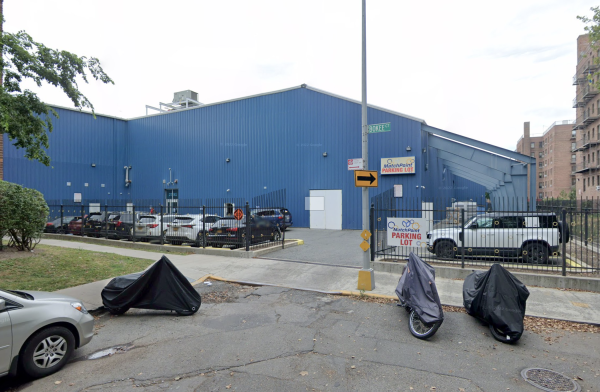
Protecting Your Rights and Ensuring Proper Care
Workers’ compensation is a critical safety net designed to protect employees who suffer injuries or illnesses due to their jobs. Understanding your rights under this system is essential to ensure you receive the necessary benefits and medical care to recover and return to work.
What is Workers’ Compensation?
Workers’ compensation is a state-mandated insurance program that benefits employees with job-related injuries and illnesses. These benefits typically cover:
- Medical Expenses: Costs for doctor visits, hospital stays, surgeries, medications, and medical equipment.
- Wage Replacement: Partial compensation for lost wages during the recovery period.
- Rehabilitation: Services needed to help an injured worker recover and return to work, including physical therapy and vocational rehabilitation.
The primary goal of workers’ compensation is to provide a safety net for employees, ensuring they receive timely medical treatment and financial support without the need for lengthy litigation.

Employee Rights
Right to Medical Care
As an employee, you have the right to receive medical care for any work-related injuries or illnesses. This includes access to approved healthcare providers and coverage for necessary treatments, medications, and surgeries. It is important to seek medical attention promptly after an injury to ensure proper documentation and effective treatment.
Right to Compensation
Workers’ compensation provides wage replacement benefits to cover a portion of lost wages while you are unable to work. Additionally, if you suffer a temporary or permanent disability, you may be eligible for further compensation based on the extent of your disability.
Right to Return to Work
After recovering, you can return to your previous job or a similar position. Employers must also provide reasonable accommodations for any disabilities resulting from the injury, ensuring you can perform your job effectively.
Right to Appeal
If your workers’ compensation claim is denied, you have the right to appeal the decision. This process involves disputing the denial through the workers’ compensation board, and you have the option to seek legal representation to assist you in this process.


Employer Responsibilities
Provide Coverage
Employers must have workers’ compensation insurance. This insurance ensures that employees get medical care and financial support if they’re hurt at work.
Report Injuries
When an employee gets injured, employers must report it quickly to their insurance. They must give all the details about the injury to help the claim process go smoothly.
Non-Retaliation
Employers cannot punish employees for filing a workers’ compensation claim. This means no firing, demotion, or any negative action because you used your right to compensation. Employers also can’t ask about past claims before hiring you or stop you from filing a new one.

Steps to Take After an Injury
Seek Immediate Medical Attention
If you get injured at work, see a doctor right away. Quick medical care helps document your injury and ensures you get the right treatment.
Notify Your Employer
Tell your employer about your injury as soon as possible. Provide detailed information about how and when the injury happened.
File a Claim
To get workers’ compensation benefits, you need to file a claim. Make sure to follow the steps for filing, including meeting deadlines and providing all required documents.
Why Understanding Your Workers’ Compensation Rights is Essential
Understanding your rights under workers’ compensation is crucial for ensuring you get the benefits and care needed to recover from a work-related injury or illness. At Injury Docs Now, we connect you with experienced doctors who specialize in treating injuries covered by workers’ compensation. Our goal is to help you navigate the system and, get back to health, and work as smoothly as possible.
















































































